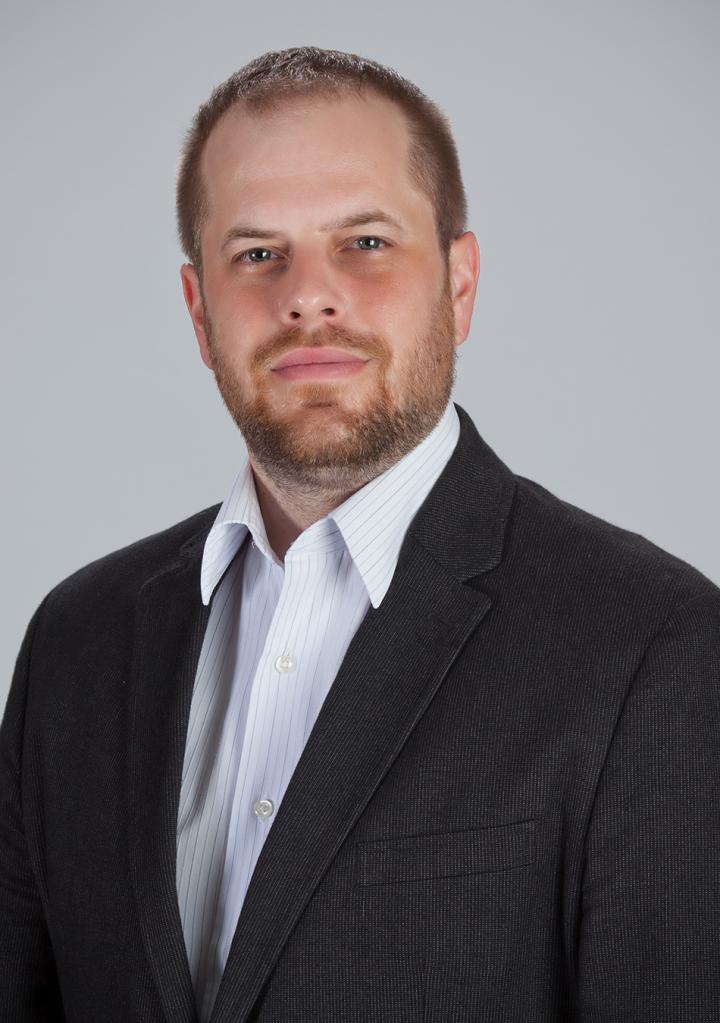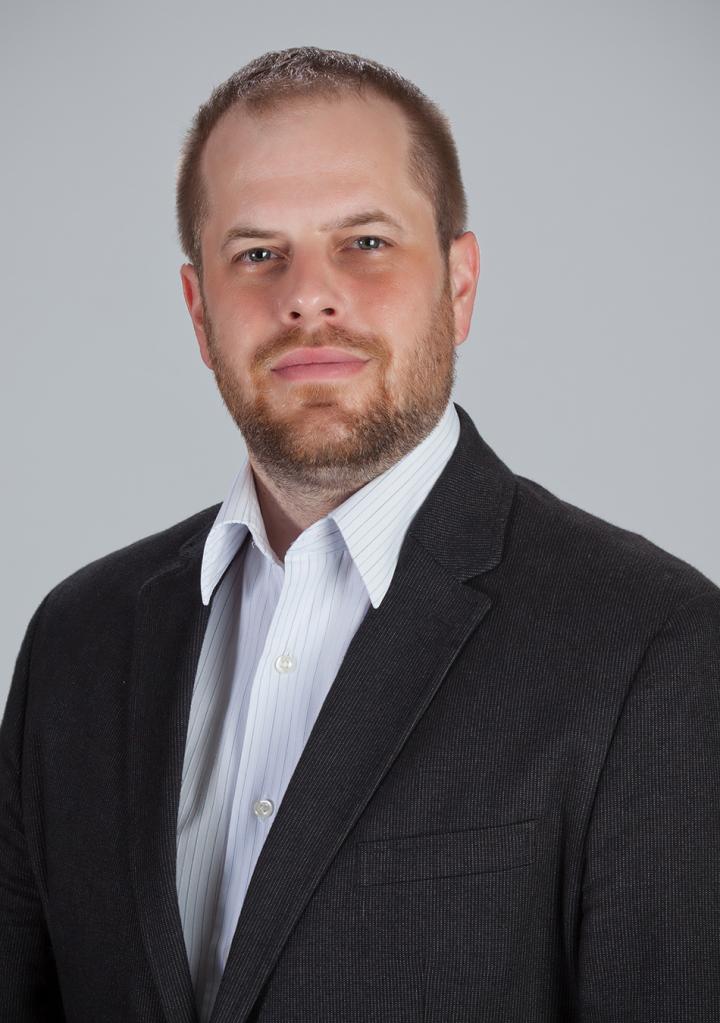
Credit: Photo by James McEntee
JUPITER, FL – May 31, 2017 – Assistant Professor Seth Tomchik of the Florida campus of The Scripps Research Institute (TSRI) has received $2 million in funding from the National Institutes of Health's National Institute of Neurological Disorders and Stroke (NINDS). The new five-year grant funding will support the study of neurofibromatosis type I, an inherited disorder that results from genetic mutations affecting a protein called neurofibromin (Nf1).
There is currently no FDA-approved treatment for neurofibromatosis 1. The disease begins in childhood with symptoms ranging from harmless spots to nerve tumors. It also predisposes individuals to a suite of behavioral symptoms, including attention-deficit/hyperactivity disorder (ADHD), autism-like symptoms, learning disabilities and chronic pain. The prevalence of behavioral symptoms suggests that Nf1 can affect the development or function of neurons in the brain that regulate activity levels.
Because neurofibromin is a large protein with multiple potential signaling roles in cells, Tomchik's research will focus on the functions of Nf1 at several levels, examining its molecular biology, genetic interactions and effects on signaling and development of neuronal circuits.
"Aside from surgery to remove tumors, there are really no treatment options for those who suffer from neurofibromatosis," Tomchik said. "We intend to look at how the underlying protein regulates behavioral hyperactivity, determining how specific neuronal circuit alterations underlie its behavioral effects."
###
The grant number is 1R01NS097237.
About The Scripps Research Institute
The Scripps Research Institute (TSRI) is one of the world's largest independent, not-for-profit organizations focusing on research in the biomedical sciences. TSRI is internationally recognized for its contributions to science and health, including its role in laying the foundation for new treatments for cancer, rheumatoid arthritis, hemophilia, and other diseases. An institution that evolved from the Scripps Metabolic Clinic founded by philanthropist Ellen Browning Scripps in 1924, the institute now employs more than 2,500 people on its campuses in La Jolla, CA, and Jupiter, FL, where its renowned scientists–including two Nobel laureates and 20 members of the National Academies of Science, Engineering or Medicine–work toward their next discoveries. The institute's graduate program, which awards PhD degrees in biology and chemistry, ranks among the top ten of its kind in the nation. In October 2016, TSRI announced a strategic affiliation with the California Institute for Biomedical Research (Calibr), representing a renewed commitment to the discovery and development of new medicines to address unmet medical needs. For more information, see http://www.scripps.edu.
Media Contact
Eric Sauter
[email protected]
267-337-3859
@scrippsresearch
http://www.scripps.edu
Original Source
http://www.scripps.edu/news/newsreleases.html





